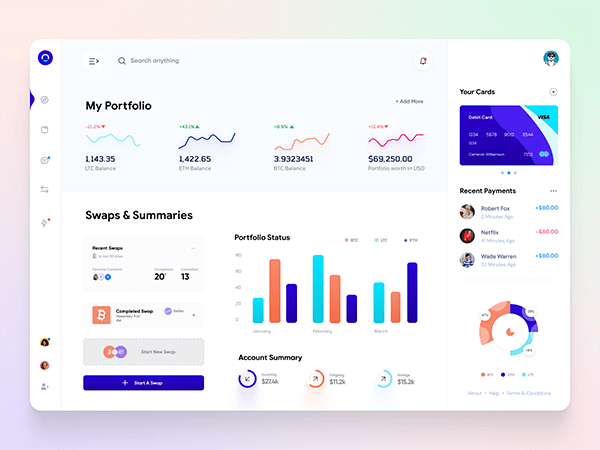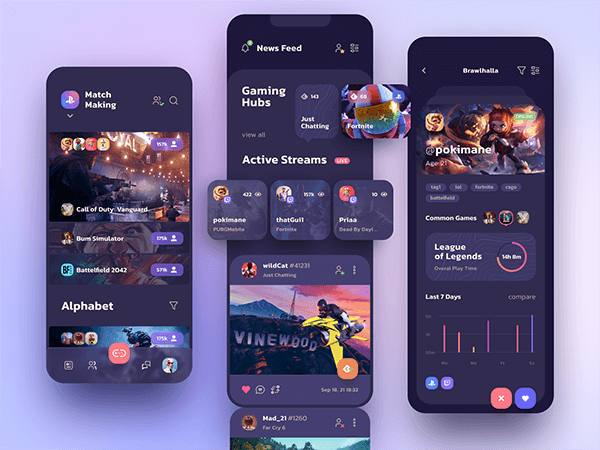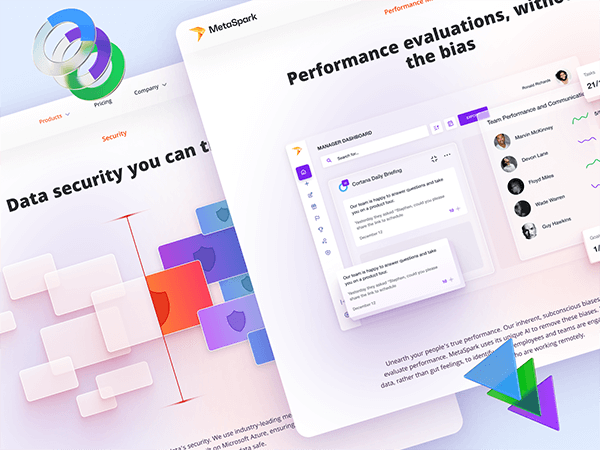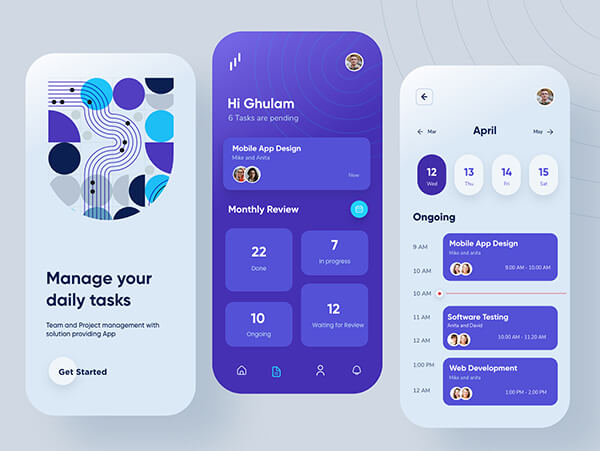In a world that rewards productivity and late-night grinding, sleep is treated as a luxury instead of a need—particularly for students. With lectures, assignments, jobs, and social lives to balance, sleep is usually the first thing to go. Yet, with knowledge of the science of sleep, students can dramatically change the way they learn, store information, cope with stress, and perform in general.
Why Sleep Matters More Than You Think
Sleep isn't "rest." It is an active, biological process where the brain and body undergo crucial recovery, consolidation, and repair. It's in sleep that memories are organized, emotions are managed, and the immune system is strengthened. For students, this translates into improved concentration, clearer thinking, and more productive learning.
Research indicates that deep sleep (or slow-wave sleep) is responsible for memory consolidation. When students take all-nighters, they deprive their brain of the opportunity to reinforce what they've learned, and that leads to a poor recall in exams.
The Science of Sleep Cycles
Sleeping comes in cycles lasting around 90 minutes, which have several stages:
NREM Stage 1 (Light sleep) – A transition stage from wakefulness to sleep.
NREM Stage 2 – Body temperature decreases, and the heart rate slows.
NREM Stage 3 (Deep sleep) – Essential for physical restoration and memory consolidation.
REM (Rapid Eye Movement) sleep – Paraphrased with dreaming and processing of emotions.
A good night's sleep consists of 4–6 cycles, where the body and brain are able to get all the necessary work done. Forgetting REM or deep sleep results in fatigue, mood disturbance, and decreased mental functions.
How Poor Sleep Affects Students
Not sleeping more than makes them tired—it interferes with nearly all aspects of school and life:
Memory: Lack of sleep disrupts the brain's functioning to store new information.
Attention: Fatigue shrinks attention span and critical thinking skills.
Mood: Bad sleep has been linked to anxiety, crankiness, and even depression.
Health: Sustained loss of sleep deters the immune system and fosters risk for illness.
Hints to Enhance Sleep for Success
Stick to a Schedule: Sleep and wake up at the same time every day, even on weekends.
Limit Caffeine: Refrain from stimulants such as coffee or energy drinks after 2 PM.
Digital Detox: Limit screen time at night; blue light inhibits melatonin.
Create a Sleep-Friendly Environment: Make your bedroom cool, dark, and quiet.
Short Power Naps: 20-minute naps can increase alertness without disrupting nighttime sleep.
Napping: A Strategic Tool for Students
Napping frequently receives a negative reputation, but short, purposeful napping enhances learning and memory. A 10–20-minute nap is best for a rapid mental refresh, and a 90-minute nap will yield a full sleep cycle, facilitating creative problem-solving and emotional equilibrium.
Sleep as a Superpower
In the academic excellence race, students tend to think that the answer is to work more hours. But science confirms that quality sleep is the secret ingredient to smarter studying, improved mental health, and improved academic performance. Sleep is not a luxury—it's your brain's greatest tool for success.












